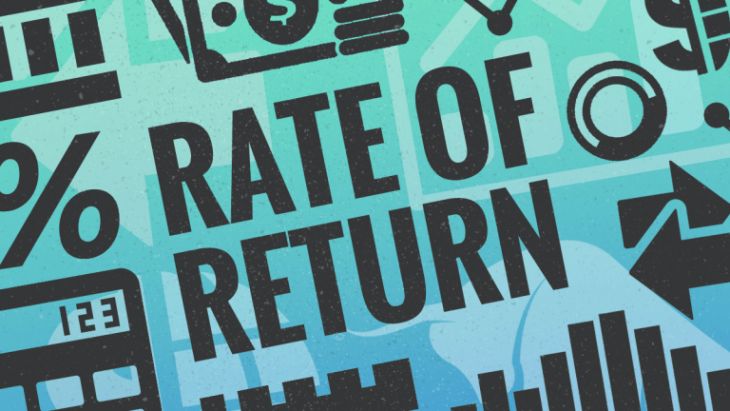There is no need to be an expert to get good returns from any investment. But if you are not an expert, it is better to recognize your limitations. You have to pay attention to the future productivity of the buyable asset. If it is not being calculated as to what the asset will earn you in the future, it is better to forget it. Then, there is no point in how much other investors are paying or will do that asset. The straightforward and simple logic of any investment is what it does and can do, not how much it is worth or how much it will be. If you are focusing on the potential price of an investment, you are just guessing. There is nothing wrong with doing so. But I know that I cannot predict successfully. And I doubt the claim of those who claim to have successfully guessed.
We usually believe that returns, liquidity, market fluctuations, and estimates are most important in investment. There is nothing wrong with thinking about it. Those of us who apply these things properly is probably better than the remaining 99 percent of investors. Amidst the very busy and results of today, we only see what investment is. And we do not look deeply at the reasons behind what is an investment.
However, some different kinds of investors start thinking a little deeper by dragging a step back. Warren Buffett has made a few points in a letter to the shareholders. He told the story of his two investments. These two investments were in the most unusual asset. One investment was in the rural area of America as a farm, i.e., large cropped terrain in Nebraska. And the other was a rental property on the outskirts of New York City. It was a small mall in a way that had some shops. Both these investments were made when banks or lending institutions were compelled to sell such properties at low prices. It is clear that the prospects for business were not looking very good at that time. So what do you think Buffett tried the formula for returns, liquidity, risk, and inference? No
Buffett has explained how he assessed the sale. He wrote for the farm, the cultivated land, that I knew nothing about running the farm. But one of my sons liked farming. And I also learned how much corn and soybeans would be produced on the farm and how much it would cost to run the farm. With this estimate, I took account of the normal return from the farm. I didn’t need much knowledge and wisdom to know that it didn’t cost further to go down.
Buffett is saying a straightforward thing. You don’t need to be an expert to get good returns from investment. But if you are not an expert, you have to recognize your limitations. You have to focus on the future productivity of the asset you are trying to buy. If you are not easily calculating what the asset will earn you in the future, forget it and go ahead. However, the important thing is not how much other investors are paying for that asset or how much they were paying yesterday and how much they will do tomorrow. The logic of any investment is what it does and can do, not how much it is worth or how much it will be.
But the Buffett did not give much emphasis on the fundamentals. Especially when it comes to paying for an investment. If you are focusing on the likely price of an investment, you are guessing. There is nothing wrong with doing so. Nevertheless, I know that I cannot predict successfully. And I doubt those who claim to do so successfully. Buffett did not take any note of what the first price of the two assets was. He also did not look into what experts are doing about the prospects of the economy or what are the other factors that affect investment. Instead, the important thing for them was that both the assets were earning, and the earnings were going to continue. And these assets were being procured at a price that made their future productivity attractive.
Now, the farm in the US and investing in small malls in New York can hardly give any lessons about an equity investment in India. And especially in times of epidemic. However, this principle is strong in terms of both the risk of decline and profits. Do you find it right in terms of investment that you are assessing? If the answer is yes, it is an investment. If it is not, it is something else, and you should avoid it.
Read also: What are the advantages of Using a Demat Account
What is the current account? How to open it for business
What is the share market and how does it works: Know here
Image credit: thestreet


